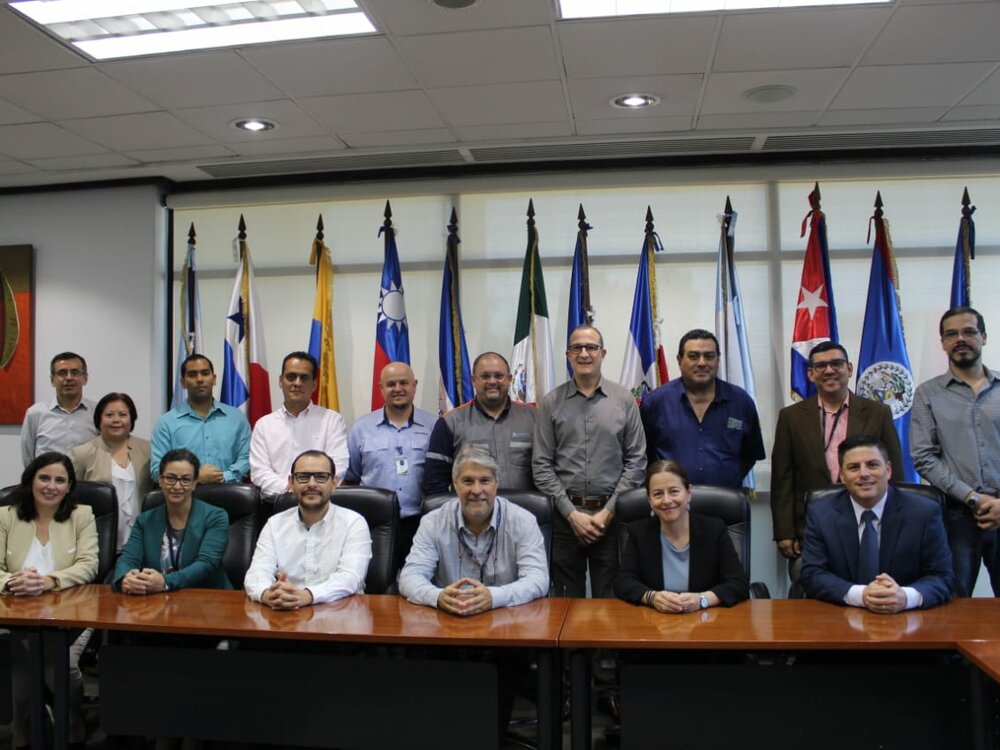CABEI works together with countries towards a less polluting mobility

Within the framework of the event, the progress and challenges facing electric transportation in Costa Rica were analyzed; this is in line with the goals proposed at a national level for the decarbonization of the economy.
San José, September 26, 2019.- A number of electricity distribution companies attended the networking event, which was organized by the Central American Bank for Economic Integration (CABEI) and the Ministry of Environment and Energy (MINAE), within the framework of PRECOP 25; an event that will been held in this city from October 8 to 10.
During the meeting, energy distribution companies, participants and other environmental related entities analyzed the main challenges faced by the institutions and companies in the electricity sector since the publication of the law, while identifying joint solutions that facilitate the development of electric transportation in the country, within the framework of the National Decarbonization Plan and the National Electric Transportation Plan.
Likewise, the sector's economic challenges when implementing electric transportation schemes were addressed, with special emphasis on the need to identify greater sources of reimbursable and non-reimbursable resources that enable to boost financing for the transformation of the vehicle fleet, promote the incorporation of multimodal interconnection technology platforms for environmentally friendly transportation and seek the establishment of tariff schemes for the commercialization of electric energy.
CABEI Country Manager for Costa Rica, Mr. Mauricio Chacón, stated that, "It is in this context that public and private sector organizations have been present in this interinstitutional discussion event in order to learn about and exchange experiences with counterparts, while having the possibility of generating new ideas and opportunities that guarantee the establishment of efficient electric transportation schemes that are consistent with the actions for the decarbonization of the economy within the framework of PRECOP 25 and with the National Electric Transportation Plan 2018-2030 update, which is programmed for the year 2020.”
For her part, SEPSE Director Ms. Laura Lizano explained that, "Achieving the articulation of all the sectors involved with the actions proposed in the National Electric Transportation Plan is crucial for a successful transition to a greater participation of renewable energies in the national energy matrix. That is why together with MINAE and with strategic allies such as CABEI, we are promoting these types of approaches with the sectors involved in order to jointly provide mechanisms that enable the realization of this national effort in the field of electric mobility."
The results of the event will be a source of updated primary information that will enrich the development of electric transportation in the country and therefore the actions included in the National Development and Public Investment Plan 2019-2022, National Electric Transportation Plan 2018-2030, VII National Energy Plan 2015-2030 and the National Decarbonization Plan 2018-2050, which are aimed at making the country achieve that 100% of its vehicles produce zero polluting emissions by 2050 as a fundamental step towards the modernization of the country and sustainability of the economic activities that it carries out.







